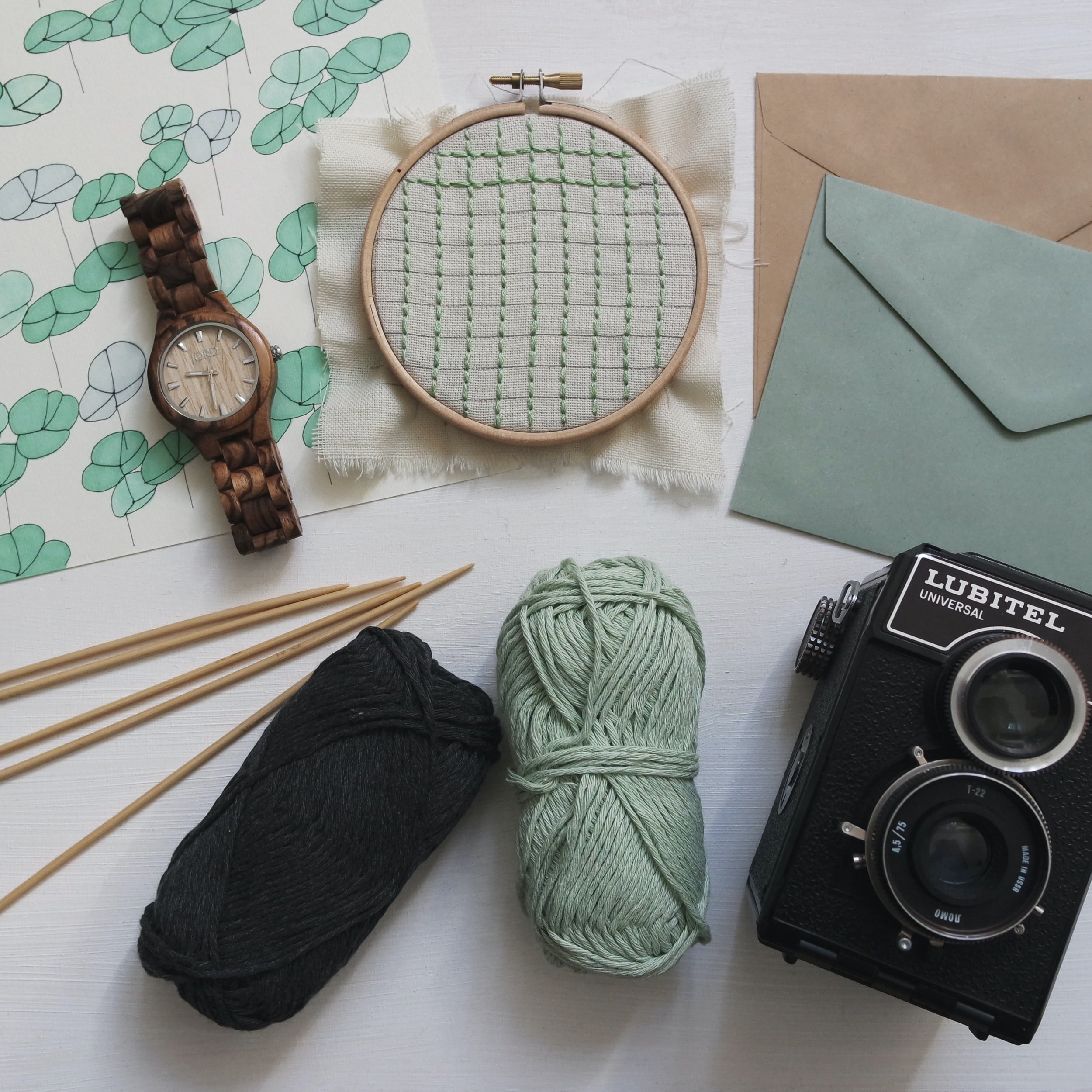7 Solutions to Finally Stop Dreading Work
/We've all been there. You wake up on a Monday morning, and the minute you open your eyes, you're already dreading the workweek ahead. The thought of sitting in traffic, being stuck in a cubicle, and dealing with difficult coworkers is enough to make you want to hit the snooze button and pull the covers over your head. Sound familiar?
If you find yourself dreading work more often than not, it's time to make a change. Fortunately, there are some small tweaks you can make to your routine that can help you start seeing work in a different light.
Find a Job You Love (or at Least Like)
If you find yourself dreading work every single day, it's time to reassess your situation. It might be time to find a new job—one that you don't dread going to each morning. Of course, finding a job you love is easier said than done.
But if you take the time to find something that aligns with your interests and values, it'll be worth it in the long run. Who knows—you might even enjoy going to work!
Make Some Changes at Work
If finding a new job isn't an option, there are still things you can do to make your current situation more bearable. If you're unhappy with your workload, talk to your boss about delegating some of your tasks.
If you're not challenged enough, ask for more responsibilities. And if you're simply bored with your day-to-day tasks, try shaking things up a bit by changing up your routine. Sometimes all it takes is a little change to make a big difference.
Find a Support System at Work
One of the best ways to stop dreading work is to find a support system there. Whether it's one close friend or a whole group of coworkers, having people you can rely on can make all the difference.
Lean on your support system when you're feeling overwhelmed, stressed, or simply need someone to vent to. They'll be there for you—and might even help you start enjoying work more than you thought possible.
Set Some Boundaries
If you find yourself thinking about work all the time—even when you're not at the office—it's time to set some boundaries. Make a rule for yourself that you won't check work email after a certain time at night, and stick to it.
Turn off your work phone when you're on vacation, and resist the urge to check in with the office. It's important to unplug from work sometimes, or you'll never truly be able to relax.
Focus on the Positive
It's easy to dwell on the negative aspects of work—the things we don't like about our jobs, the people who drive us crazy, etc. But if we take the time to focus on the positive aspects of our jobs, it can make all the difference.
Maybe you love your co-workers (even if they do drive you crazy sometimes). Maybe you're grateful for having a stable income. Whatever it is, focusing on the positive will help you see work in a different light and make it more bearable overall.
Take Some Breaks Throughout the Day
If you find yourself dreading work more often than not, it might be time to take a break. Step away from your desk for a few minutes each day, and take some time for yourself.
Go for a walk, meditate, or simply sit in silence. Taking a break will help you clear your head, and you'll be able to approach your work with a fresh perspective.
Speak with Your Manager or HR
If you're dreading work because of a specific situation, it's important to speak with your manager. Whether you're dealing with a difficult coworker or you're unhappy with your workload, your manager will be able to help.
Don't be afraid to speak up—after all, they can't fix the problem if they don't know there is one. Not only will this help you feel better about the situation, but it'll also help improve your work life overall.
Final Note
There are some small tweaks you can make to your routine that can help you stop dreading work once and for all.
From finding a job you love (or at least like) to making some changes at work or focusing on the positive aspects of your job, there are plenty of ways to improve your outlook on work and make it something you don't dread every single day.










